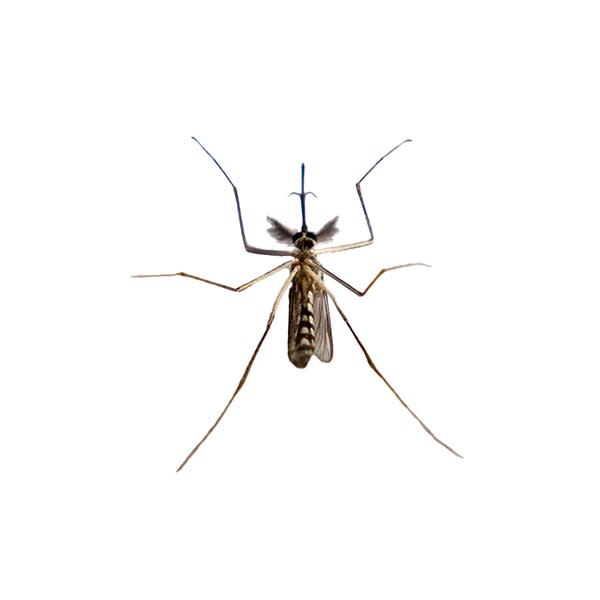Zika Might Have More Health Risks In Adults Than We Thought

Shutterstock
Over the past six months, we've been hearing a lot about Zika. The virus has especially been garnering coverage in light of the fact that this year's Olympic Games were held in Rio, which is considered a hotspot for the virus. Some Olympians (like Hope Solo) considered not attending at all.
Still, initially, we thought Zika was primarily worrisome for pregnant women because of its links to microcephaly, a condition that causes a baby's head to be significantly smaller than expected, as well as its possible link to Guillain-Barre Syndrome, which is relatively rare but can result in paralysis. While it's definitely still true that Zika is a big deal for pregnant women, a new study out of Rockefeller University and La Jolla Institue for Allergy and Immunology suggests that adults exposed to the virus may have cause for concern too.
"This is the first study looking at the effect of Zika infection on the adult brain," Joseph Gleeson, one of the study's authors, said in a press release. "Based on our findings, getting infected with Zika as an adult may not be as innocuous as people think." The research, which was performed on adult mice, found that Zika can infect the brain of an adult mouse in two crucial areas: learning and memory. The findings suggest that because of the way the virus affects the brain, being infected could potentially contribute to conditions like long-term memory loss and depression. (Read why Experts Say You Should Be Screened for Depression Annually)
"Zika can clearly enter the brain of adults and can wreak havoc," Sujan Shresta, a professor at the La Jolla Institute of Allergy and Immunology, who also worked on the study, said in the same press release. "But it's a complex disease-it's catastrophic for early brain development, yet the majority of adults who are infected with Zika rarely show detectable symptoms. Its effect on the adult brain may be more subtle, and now we know what to look for." While it's reassuring that progress is being made in the study of Zika, it's also scary to know that those who have been infected might be at a higher risk for complications and long-term conditions than we previously thought.
Of course, there's still more research that needs to be done to confirm Zika's effects in adult humans, but we suggest staying safe regardless. We now know that Zika can be transmitted through sex, so be sure to use condoms when you have sex (which you should be doing anyway!). And use one these 5 Zika-Fighting Bug Sprays when outside this summer.